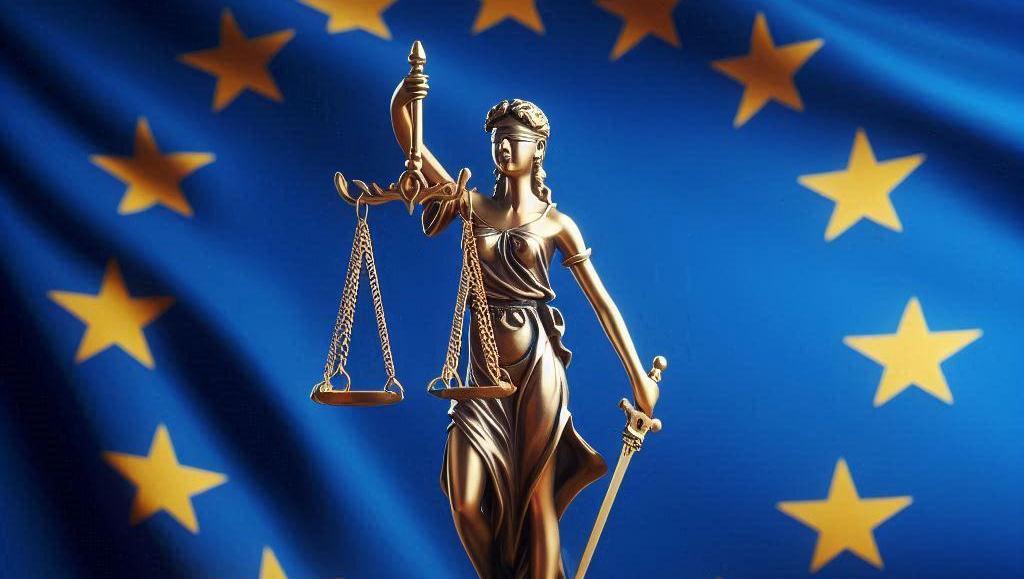Seeking a new balance point in Europe’s patent system that better suits innovation and society

How to ensure the patent system in Europe best serves the innovation process has been a hotly debated topic for decades.
In recent years lawmakers in Germany and in Brussels have started to realise that the old status quo – where patent courts hand out injunctions almost always automatically – doesn’t work in a world where advances in technology constantly bring more and more complex products to market, and where thousands of patents could possibly be relevant.
It has become too easy for patent assertion entities (PAEs) to leverage the threat of automatic injunctions and disrupt the market presence of established consumer products in Europe to extract excessive license fees.
While the interest of PAEs is limited to monetary compensation and not to stop the sale of products, the mere threat of such automatic injunctions is enough to push most targets of such assertions to accept disproportionate settlement conditions.
It’s a hugely profitable business model for PAEs but it does little for innovation or for society, and undermines Europe’s competitiveness. By allowing this abuse, the European patent system is tilted too far in favour of patent holders and needs to be re-balanced.
That is why in spring this year IP2Innovate called for the Commission to adjust the EU’s Intellectual Property Rights Enforcement Directive (IPRED), adopted in 2004. The law does require courts to apply proportionality when considering patent infringement cases, but this is not being applied in practice as injunctions continue to be granted effectively automatically even in cases where an alternative remedy would be more proportionate.
An analysis of patent court rulings provided by Darts-ip, the leading source of global patent case data, for the period 2015-2020, shows that more than 99% of cases saw no proportionality assessment.
Ensuring the equitable resolution of patent litigation in the EU through a targeted amendment of the IPRED is of even more importance with the establishment of the Unified Patent Court (UPC). Indeed, a recent study by Professor Sterzi of the Bordeaux School of Economics shows that PAEs initiated close to 30% of all infringement actions in the ICT sector – a key area for European competitiveness – in the UPC.
If automatic injunctions become the norm in the newly established UPC, innovative companies would face UPC-wide automatic injunctions and not just ones at national level.
The European Commission is evaluating this dynamic, and in 2023 commissioned a study to look at whether proportionality is being applied in Europe as well as looking into the role of PAEs in Europe. IP2I welcomes the European Commission’s initiative as Europe needs a properly functioning patent system fit for the modern age if it is to succeed in enhancing Europe’s competitiveness.
The proportionality of remedies must be applied in patent litigation. Courts and parties need a clearer steer from Brussels to ensure it happens. Targeted revisions of the IPRED in relation to proportionality look set to be the next key challenge in patent policy in Europe.
IP2Innovate hopes that the new attention being paid to the IPRED’s proportionality requirement will help to find a balance point in the European patent system that better suits the broader interests of innovation and society.
Other blogs

World IP Day 2024: Creating balance in the European patent system will help tackle the climate crisis and promote Europe’s competitiveness

IP2I calls on European Commission to protect Europe’s patent system from abuse


![[:swvar:ufile:12:description:]](/swfiles/files/ip2i-logo-1-1.png?nc=1759143299)